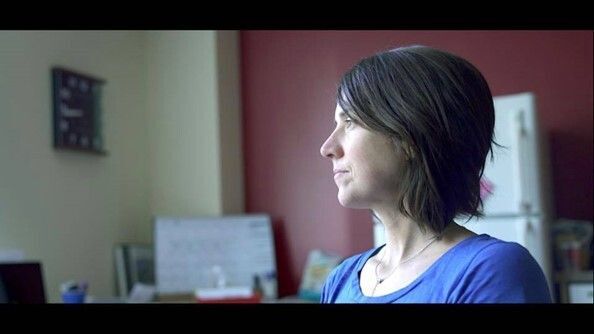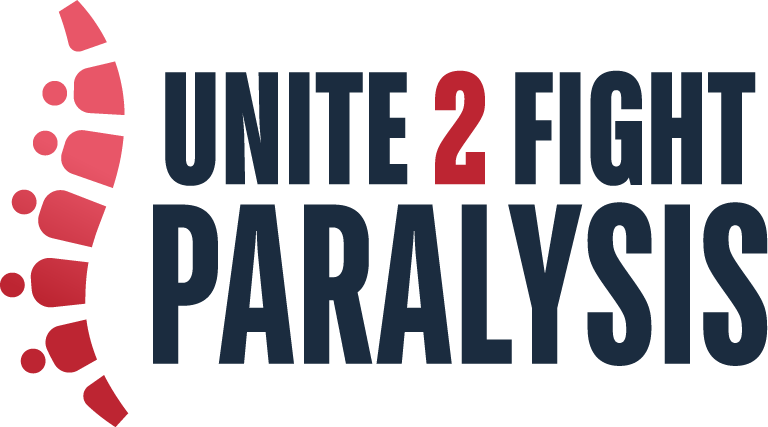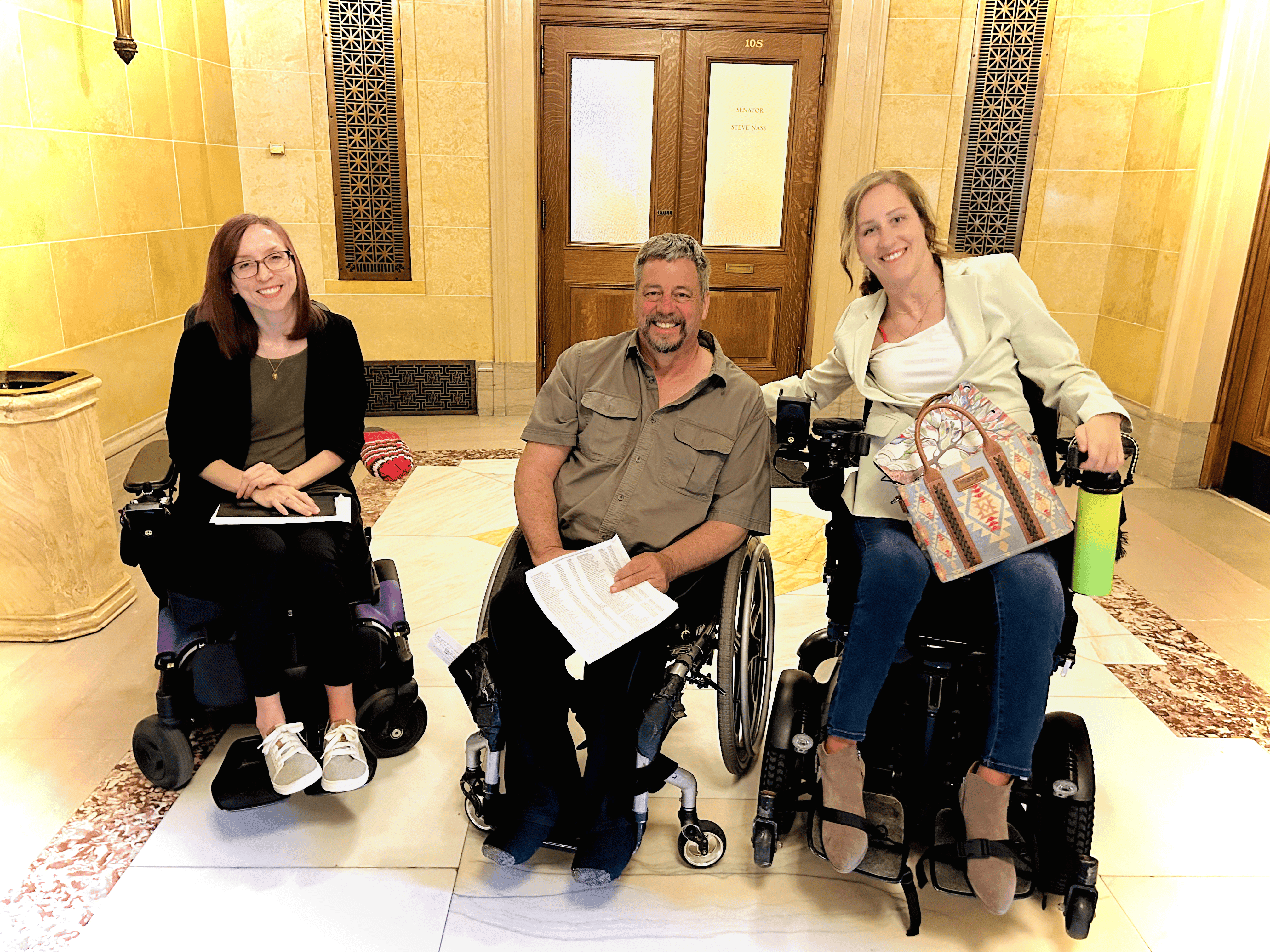
Above: Quinn Brett in profile. Photo Credit- Henna Taylor
We are thrilled to welcome Quinn Brett to U2FP as our new Development Director. We have been working for a year and a half to find funding for this new position and are extremely grateful to have garnered support from a generous donor within the SCI Community. Quinn fills a much needed role at a critical time in our organization’s growth. She’s a dynamic individual and athlete who lives with this injury and is committed to helping us raise the funds to sustain and improve upon the good work U2FP is doing. Please read Quinn’s introduction below and join me in welcoming her to this new role.
- Matthew
At the beginning of November, I started as the new development director here at U2FP. I took this newly created position after 3 years of serving as a U2FP board member. My passion for education and advocacy, along with my spinal cord injury, led me to join the U2FP family.
I’ve always had an inherent drive to educate others, from being a swim instructor in high school to obtaining a teaching degree in 7-12 social studies, to developing Wilderness Medicine Courses, and guiding rock climbing technical rope and rescue skills. Over the last six years, my role at the National Parks service has been heavily focused on advocating for recreational opportunities for people with disabilities on public lands. My passion for educating the broader community on what it means to live with a spinal cord injury has generated a growing presence on social media that to date has garnered more than 18,000 followers on my Instagram account (@quinndalina).
I grew up in New Hope, Minnesota playing on lakes and swatting handfuls of mosquitoes. I did my undergraduate studies at the University of Minnesota and started to pursue my passion for the outdoors. During my college years, I worked at a summer camp in Estes Park, Colorado and ended up falling in love with the mountain adventures of biking and climbing. After college, I moved to Colorado to gain access to more frequent and challenging climbing routes. Over the next few years, I took graduate classes, was certified as a Wilderness Emergency Medical Technician (EMT), trained EMTs and worked as a professional Search and Rescue responder with the National Park Service.
Concurrent with all this I also began my personal adventures across the globe, establishing new routes up unclimbed mountains, like the Colorado Route on Fitz Roy in Southern Patagonia and setting speed records on big wall climbs, like the Nose and Lurking fear on El Captian, in Yosemite National Park.
As a professional climber, I was writing grants and being awarded tens of thousands of dollars in funding for myself and my team members to go on far-fetched excursions around the world, from Greenland to Madagascar, Southern Patagonia to the Baffin Islands.
Then, in 2017, I fell rock climbing El Capitan in Yosemite National Park, sustaining a T12 burst fracture resulting in an ASIA A spinal cord injury.
In my initial hospital days, I found myself scouring the internet for hope, for information to educate myself, my family and my community about this crazy nuanced injury. I felt disappointed in my health care, the misinformation and pervasive misunderstandings in the medical world and society in general. (Take, for example, the misnomer that a complete injury implies our spinal cord was completely severed.)
I stumbled upon U2FP via an internet search, then cold called their new Executive Director, Matthew, and asked what I could do. I started working with their Cure Advocacy Network on an SCI bill here in the State of Colorado. Two years later, I joined U2FP as a board member. Seeing the impact and growth of this organization over the last few years inspired me to apply for the newly established Development Director position.
Recovery of function in spinal cord injury is not as far-fetched or hopeless as we have been made to believe. The University of Minnesota’s E-Stand Trial has published results of patients who have regained voluntary movement along with bladder and urinary control. These advancements would not be possible without U2FP’s legislative efforts, which have provided funding for SCI functional recovery research since 2017. I want to help grow these and other of U2FP’s successful educational initiatives and collaborative efforts.
I’m doing it for my community, but I’m also doing it for myself. I want to be able to feel my own bladder get full again; I want my co-worker Jake, a quad, to be able to give me a firm handshake; and I want Allyson, a fellow para and school administrator, to have a day where the constant humming of nerve pain has quieted down.
I hope to continue breaking barriers here at U2FP as I was doing - and continue to do - in my athletic career.
Let’s do this!

















